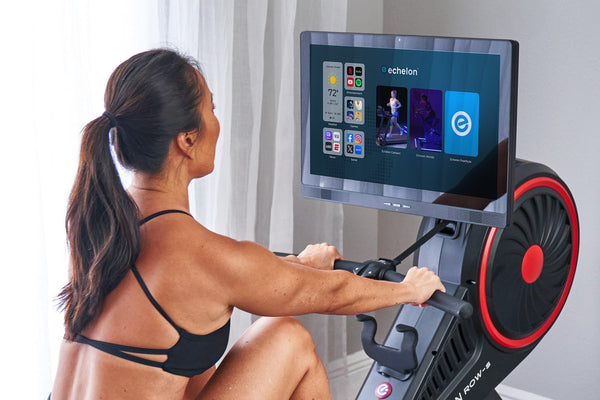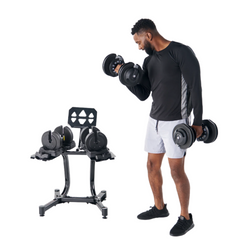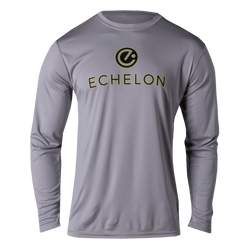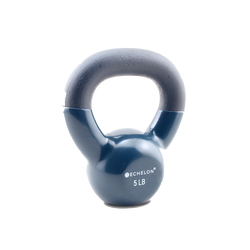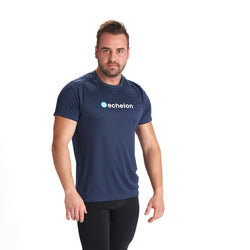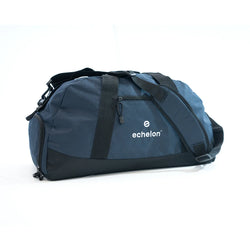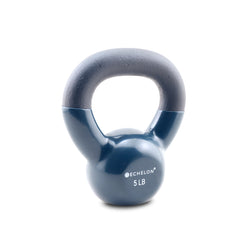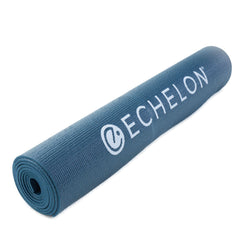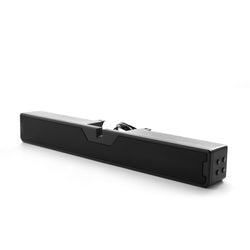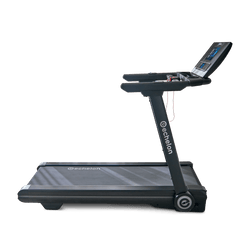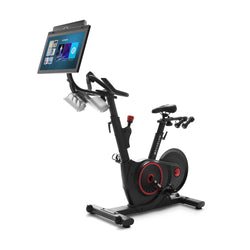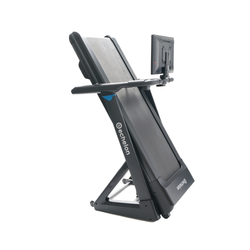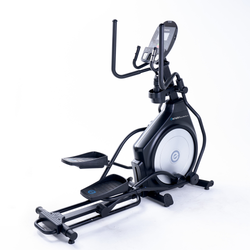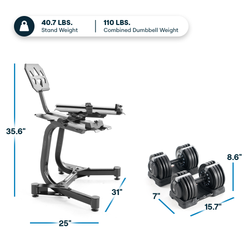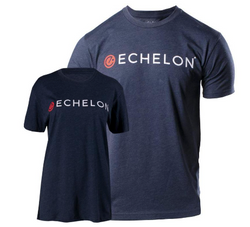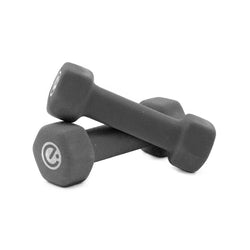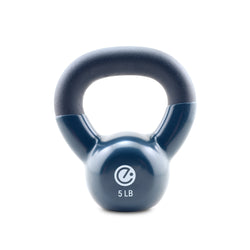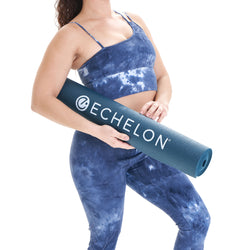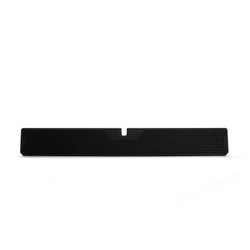Stay Hydrated with These Simple Tricks
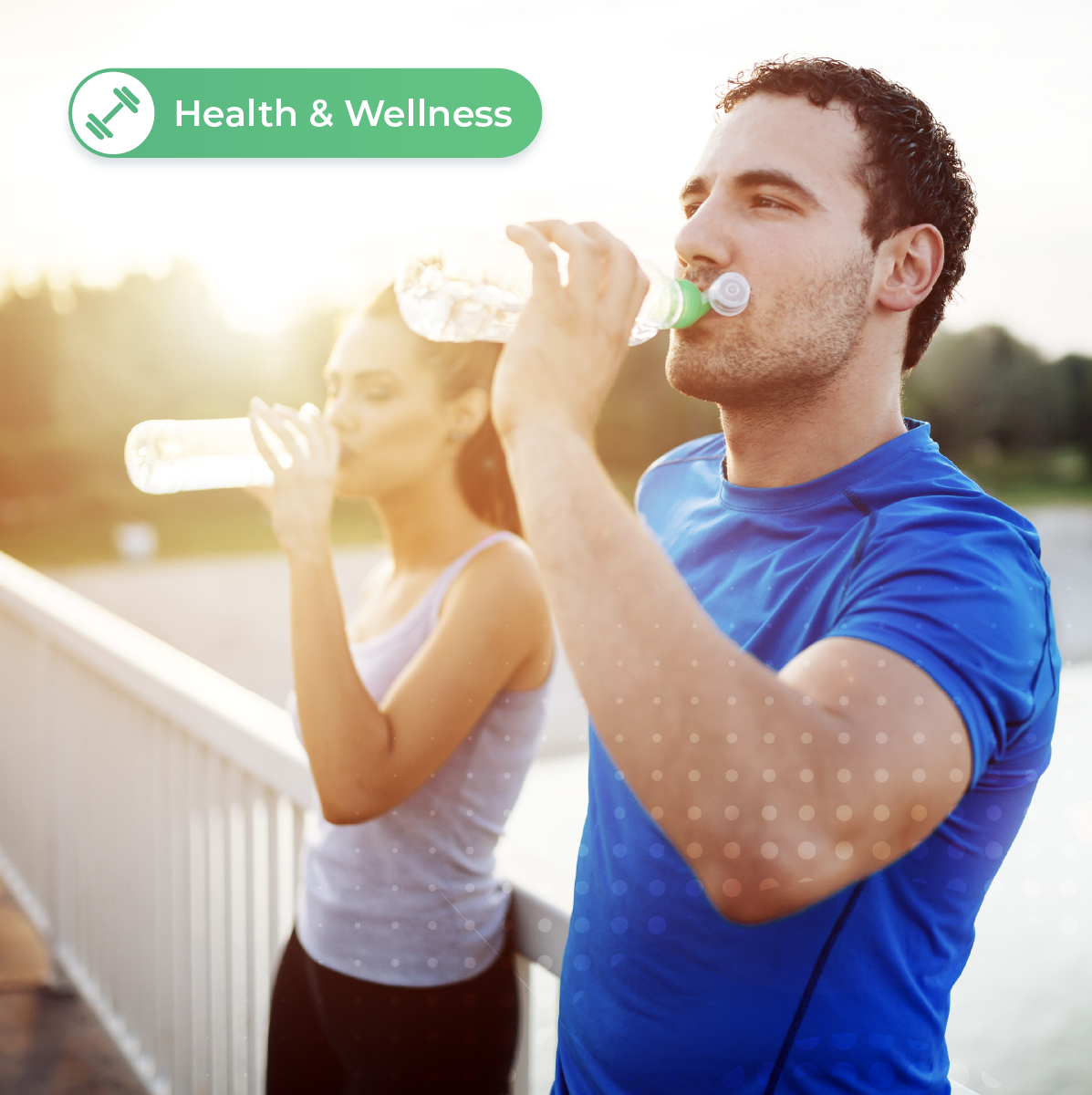
Drinking enough water is essential for good health. But sometimes it can be hard to get in your daily recommended amount. If you're having trouble getting enough water, don't worry - there are plenty of easy and simple tricks to help you stay hydrated. In this blog post, we'll look at some of the best ways to make sure you get your daily dose of H2O. So keep reading to learn how to stay properly hydrated!
Why staying hydrated is important for fitness
Staying hydrated is essential for good health, but did you know that it's especially important for those who are into fitness? Whether you're just starting your fitness journey or you're a seasoned athlete, staying hydrated is crucial for optimal performance and recovery.
When you exercise, your body temperature rises and you start to sweat. Sweating is your body's way of cooling down, but it also means that you're losing water and electrolytes. If you don't replenish these fluids, you can become dehydrated, which can have a negative impact on your workout.
One of the main reasons why hydration is important for fitness is because it helps regulate your body temperature. When you're dehydrated, your body has a harder time cooling itself down, which can lead to overheating and fatigue. This can significantly affect your endurance and performance during exercise.
Staying hydrated also helps with nutrient absorption and muscle function. When you're well-hydrated, your muscles are better able to contract and relax, which can improve your strength and power. Additionally, water helps transport nutrients to your cells and remove waste products, which is crucial for recovery and muscle growth.
How much water should you drink per day?
We all know that staying hydrated is important, but how much water should you actually be drinking each day? The answer to that question can vary depending on several factors, including your activity level, climate, and overall health.
A general rule of thumb is to aim for at least 8 cups (64 ounces) of water per day. However, some experts recommend even more, especially for those who are physically active. In fact, the American Council on Exercise suggests that individuals engaged in regular exercise should drink 17 to 20 ounces of water about 2 hours before their workout, and another 7 to 10 ounces every 10 to 20 minutes during exercise.
It's important to note that this is just a guideline, and your individual needs may be different. If you're unsure how much water you should be drinking, a good way to gauge your hydration level is to pay attention to your urine color. If it's light yellow or clear, that's a sign that you're well-hydrated. On the other hand, if it's dark yellow or amber, it's a sign that you need to drink more water.
Remember, it's not just plain water that counts towards your daily hydration goal. Other beverages, such as herbal tea or infused water, can also contribute to your overall fluid intake. Just be mindful of added sugars and artificial ingredients in some drinks, and opt for healthier options whenever possible.
Ultimately, the best way to ensure you're drinking enough water is to listen to your body. If you feel thirsty, reach for a glass of water. And if you're engaged in intense physical activity or spending time in a hot climate, make sure to increase your water intake accordingly.
Tips for incorporating more water into your daily routine
We all know that drinking enough water is important, but sometimes it can be difficult to remember to stay hydrated throughout the day. Fortunately, there are plenty of simple tips and tricks to help you incorporate more water into your daily routine.
One easy way to ensure you're getting enough water is to always carry a reusable water bottle with you. Having a water bottle readily available will serve as a reminder to drink water and make it easier to stay hydrated when you're on the go. Try to find a water bottle that you love and that is easy to use, so you'll be more likely to take it with you everywhere you go.
Another tip is to set reminders on your phone or use a water tracking app. These tools can help you keep track of how much water you've had throughout the day and send you reminders to drink more. You can even set goals for yourself and track your progress over time.
If you find plain water boring, try infusing it with fruits or herbs. Adding slices of lemon, cucumber, or mint to your water can give it a refreshing twist and make it more enjoyable to drink. You can also try drinking herbal tea or sparkling water for a different flavor without any added sugars.
Additionally, incorporating water-rich foods into your diet can help increase your overall water intake. Foods like watermelon, cucumbers, and celery have high water content and can contribute to your hydration. Eating soups and broths can also help increase your fluid intake.
Lastly, try to make drinking water a habit by setting specific times throughout the day to drink a glass of water. For example, have a glass of water first thing in the morning, before meals, and before bedtime. By creating a routine, you'll be more likely to stay hydrated consistently.
Alternative ways to stay hydrated (e.g. fruits, vegetables, electrolyte drinks)
Drinking plain water isn't the only way to stay hydrated. There are plenty of alternative ways to quench your thirst and replenish your body's fluid levels. Fruits and vegetables are not only delicious and nutritious, but they also have high water content, making them excellent choices for staying hydrated. Watermelon, cucumbers, strawberries, and oranges are just a few examples of hydrating fruits that can keep you refreshed throughout the day. Snacking on these water-rich fruits is a tasty and convenient way to boost your hydration levels.
Vegetables like celery, lettuce, and zucchini also have high water content and can help keep you hydrated. Adding them to your meals or enjoying them as crunchy snacks can contribute to your daily fluid intake.
In addition to fruits and vegetables, electrolyte drinks can be a great way to stay hydrated, especially during intense exercise or hot weather. These drinks contain electrolytes, such as sodium and potassium, which are important for maintaining proper hydration and muscle function. They can help replenish electrolytes lost through sweat and keep your body in balance.
When choosing electrolyte drinks, it's important to opt for options with low sugar content and natural ingredients. Look for brands that prioritize hydration and provide essential electrolytes without unnecessary additives or artificial flavors.
The benefits of drinking water during exercise
When it comes to exercise, hydration plays a vital role in maximizing your performance and ensuring a safe and effective workout. Drinking water during exercise offers numerous benefits that can help you reach your fitness goals.
First and foremost, staying hydrated during exercise helps to regulate your body temperature. As you exercise, your body temperature rises, and sweating is your body's natural cooling mechanism. However, if you're not properly hydrated, your body may struggle to cool down efficiently, leading to overheating and a decline in performance.
In addition to regulating body temperature, drinking water during exercise also helps to maintain the balance of electrolytes in your body. Electrolytes, such as sodium and potassium, are essential for proper muscle function and nerve signaling. When you sweat, you lose these electrolytes, and replenishing them with water is crucial for preventing muscle cramps, fatigue, and dehydration.
Furthermore, hydration during exercise supports cardiovascular function. When you're adequately hydrated, your blood volume remains at optimal levels, allowing for efficient oxygen and nutrient delivery to your muscles. This means that staying hydrated can enhance your endurance, strength, and overall performance during your workouts.
Finally, drinking water during exercise aids in post-workout recovery. Rehydrating with water after a workout helps to replace lost fluids and replenish electrolytes. This is essential for restoring energy levels, reducing muscle soreness, and promoting proper muscle repair and growth.
So, whether you're engaging in high-intensity interval training, weightlifting, or a cardio workout, don't forget to bring a water bottle with you. Staying hydrated during exercise is not only crucial for performance, but it also promotes overall health and well-being. Drink up and enjoy the benefits that hydration brings to your fitness journey!
Common misconceptions about hydration
Misconceptions about hydration can lead to confusion and potentially hinder your efforts to stay properly hydrated. Let's debunk some of the common myths surrounding hydration to ensure you have accurate information and can make informed choices about your hydration needs.
One common misconception is that thirst is the only indicator of dehydration. While feeling thirsty is a signal that your body needs water, it's not always a reliable indicator. Thirst can sometimes be delayed or masked by other factors, such as a busy schedule or certain medications. Therefore, it's important to drink water regularly throughout the day, even if you don't feel thirsty.
Another myth is that all fluids contribute equally to your hydration. While beverages like coffee, tea, and soda do contain water, they can also have diuretic effects that increase fluid loss. Water is still the best choice for optimal hydration, as it doesn't contain any additives or caffeine that can dehydrate you further.
Some people believe that if they're not sweating, they don't need to drink water. However, sweating is not the only way your body loses water. Breathing and urination also contribute to fluid loss, so it's important to replenish these losses by drinking water regularly, even if you're not engaged in strenuous exercise.
Lastly, there is a misconception that you can "catch up" on hydration after a period of dehydration. Unfortunately, once you're dehydrated, it can take time to restore your body's fluid balance. It's better to stay consistently hydrated throughout the day rather than trying to compensate for periods of dehydration later.
By understanding and debunking these common misconceptions about hydration, you can ensure that you're making the right choices to stay properly hydrated. Remember, consistency is key, so aim to drink water regularly throughout the day and listen to your body's signals for when it needs hydration. Cheers to staying hydrated and enjoying all the benefits it brings!
Easy and affordable water tracking tools
If you're someone who struggles to keep track of your water intake, don't worry - there are plenty of easy and affordable tools to help you stay on top of your hydration goals. These tools can be especially helpful for those new to fitness who may not have established a routine yet.
One simple and cost-effective water tracking tool is a reusable water bottle with time markers. These bottles are marked with time increments throughout the day, making it easy for you to track how much water you should be drinking by a certain time. They serve as a visual reminder to drink water regularly and can help you stay on track.
Another option is a water tracking app. Many free or inexpensive apps are available that allow you to input your water intake throughout the day. These apps often provide reminders and allow you to set goals for your water consumption. Some even offer personalized recommendations based on your activity level and climate.
If you prefer a more analog approach, you can try using a water tracking journal or planner. These tools allow you to manually record your water intake and provide space for notes and reflections. They can be a great way to track your progress and stay motivated on your hydration journey.
Lastly, don't underestimate the power of a good old-fashioned checklist. Simply print out a water intake checklist and keep it somewhere visible, such as on your fridge or bathroom mirror. Each time you finish a glass or bottle of water, check it off. This method can be a tangible and satisfying way to keep track of your hydration.
